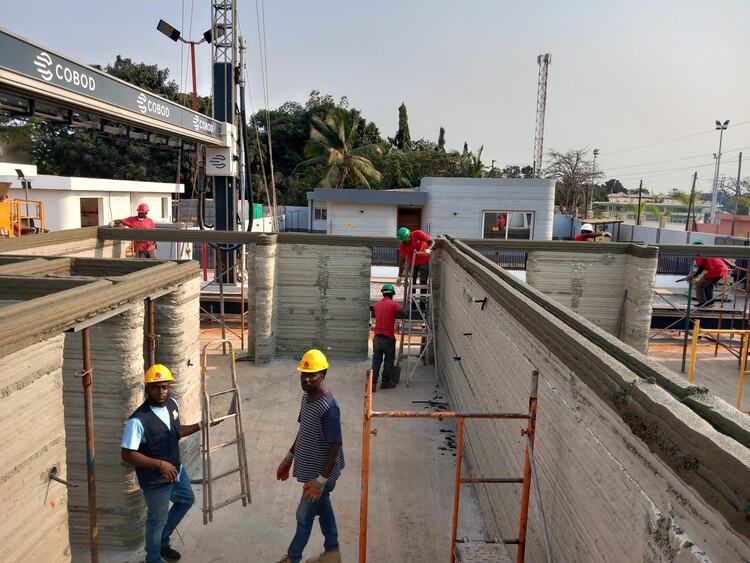
In a quiet revolution unfolding across Angola, a growing number of people are leaving congested cities behind to embrace life in the countryside.
This urban exodus, once unthinkable, now signals a profound shift in the nation’s social and economic landscape — one that challenges traditional notions of progress and offers a fresh vision of sustainable development.
For decades, Angola’s urban centers like Luanda and Benguela swelled rapidly, fueled by war, the lure of jobs, and better services. But this growth has come at a heavy cost: traffic chaos, pollution, crime, and collapsing public infrastructure.
More than 65% of urban youth face unemployment or precarious informal work, while vast rural lands with rich natural resources remain largely untapped.
“The countryside has ceased to be a space of backwardness and has become a place of reinvention, innovation, and economic freedom,” says José Eli da Veiga, economist and professor.
This sentiment captures the emerging paradigm: rural areas are not just agricultural zones but vibrant spaces where engineers, teachers, programmers, and artists are redefining what it means to live and work outside the city.
Experts stress that the countryside can foster diverse economic activities — from eco-tourism and renewable energy to digital entrepreneurship and traditional crafts. Drawing lessons from countries like China, Brazil, and Portugal, Angola could harness policies promoting connectivity, education, innovation hubs, and tax incentives to support this shift.
“This model is already a reality in several countries and, with the right policies, could also become a reality in Angola,” the report explains, urging investment in infrastructure like solar power and satellite internet, alongside rural schools and incubators.
This urban exodus is more than migration — it’s a new territorial pact recognizing that the old urban-industrial model alone cannot solve Angola’s challenges. Nobel laureate Muhammad Yunus aptly said, “If we want lasting development, we must start in the village.” In Angola, the future may indeed be born in the rural heartlands, where dignity, opportunity, and innovation converge.
The message is clear: from returning to the land can come not just survival but thriving — a balanced, just, and sustainable nation for all Angolans.



